The Ultimate Guide to Fast Weight Loss: Safe and Effective Strategies
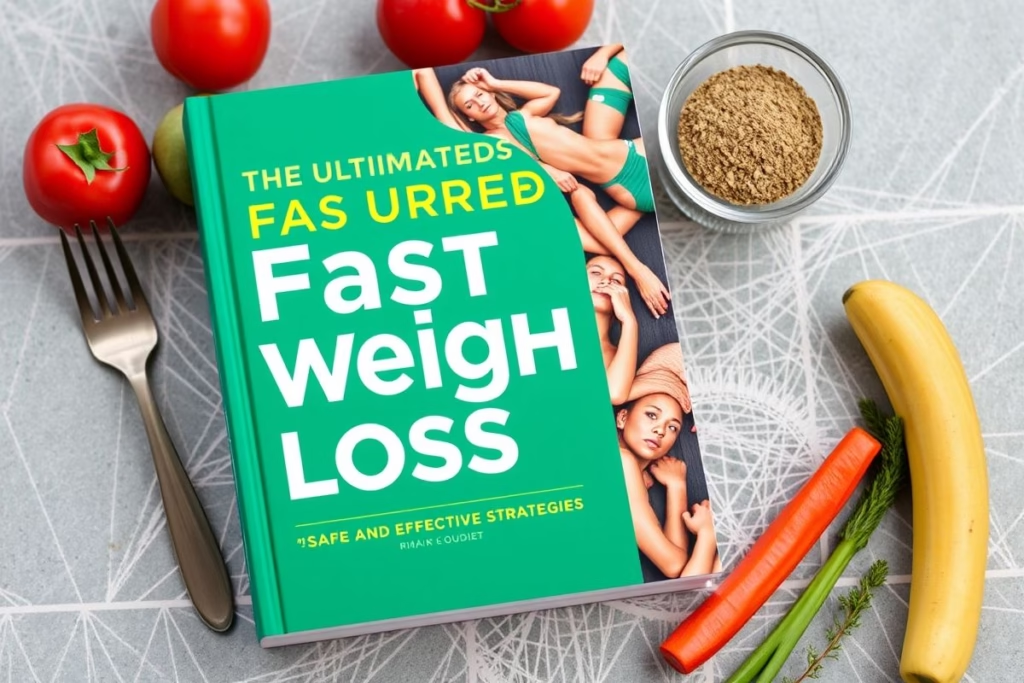
In a world obsessed with instant gratification, the allure of fast weight loss is undeniable. However, navigating the vast landscape of diets and exercise programs can be daunting, often leading to frustration and unsustainable results. This comprehensive guide aims to provide you with a roadmap to achieve fast weight loss safely and effectively, focusing on evidence-based strategies and long-term lifestyle changes. We will explore practical tips, debunk common myths, and empower you to make informed decisions about your health and well-being. Remember, the goal is not just about shedding pounds quickly but about building a healthier and more sustainable relationship with your body.
Embarking on a fast weight loss journey requires a holistic approach. It’s not solely about restrictive diets or grueling workouts; it’s about understanding your body’s unique needs and adopting habits that support your overall health. This guide emphasizes the importance of balanced nutrition, regular physical activity, and mindful lifestyle choices. By incorporating these elements into your daily routine, you can unlock your body’s natural ability to burn fat and achieve your weight loss goals in a healthy and sustainable manner.
Understanding the Basics of Weight Loss
Calorie Deficit: The Cornerstone of Weight Loss
The fundamental principle behind weight loss is creating a calorie deficit. This means consuming fewer calories than your body burns throughout the day. When you consistently maintain a calorie deficit, your body taps into its stored fat reserves for energy, resulting in weight loss. To determine your individual calorie needs, you can use online calculators or consult with a registered dietitian. These tools take into account factors such as your age, gender, activity level, and current weight to estimate the number of calories you need to maintain, lose, or gain weight.
Creating a calorie deficit doesn’t necessarily mean drastically reducing your food intake. Instead, focus on making smart food choices that are nutrient-dense and lower in calories. Opt for whole, unprocessed foods like fruits, vegetables, lean proteins, and whole grains. These foods provide your body with essential vitamins, minerals, and fiber, which can help you feel fuller for longer and prevent cravings. Additionally, be mindful of portion sizes and avoid overeating, even when consuming healthy foods.
It’s also important to consider the types of calories you’re consuming. Processed foods, sugary drinks, and unhealthy fats are often high in calories and low in nutritional value. These “empty calories” can contribute to weight gain and hinder your weight loss efforts. By prioritizing whole, unprocessed foods and limiting your intake of processed foods, you can significantly reduce your calorie intake without sacrificing essential nutrients. Furthermore, be aware of hidden calories in beverages, sauces, and dressings. These can quickly add up and sabotage your calorie deficit.
Macronutrients: The Building Blocks of a Healthy Diet
Macronutrients – protein, carbohydrates, and fats – are the essential building blocks of a healthy diet and play crucial roles in weight loss. Protein is particularly important for maintaining muscle mass during weight loss, as well as promoting satiety and boosting metabolism. Aim to include a source of protein in every meal, such as lean meats, poultry, fish, eggs, beans, or tofu. Carbohydrates provide your body with energy, but it’s essential to choose complex carbohydrates like whole grains, fruits, and vegetables over simple carbohydrates like processed foods and sugary drinks. Complex carbohydrates are digested more slowly, preventing blood sugar spikes and crashes, and promoting sustained energy levels.
Fats, often demonized in the past, are also essential for overall health and weight loss. Healthy fats, such as those found in avocados, nuts, seeds, and olive oil, play a role in hormone production, nutrient absorption, and cell function. However, it’s important to consume fats in moderation, as they are calorie-dense. Avoid unhealthy fats like saturated and trans fats, which can increase your risk of heart disease. A balanced intake of macronutrients, with an emphasis on protein and complex carbohydrates, is crucial for achieving fast weight loss in a healthy and sustainable manner.
Understanding how macronutrients affect your body is key to creating a personalized eating plan. Experiment with different ratios of protein, carbohydrates, and fats to see what works best for you. Some people thrive on a higher-protein diet, while others prefer a more balanced approach. The most important thing is to find a dietary pattern that you can stick to long-term and that supports your overall health and well-being. Remember to consult with a registered dietitian or nutritionist for personalized guidance on macronutrient intake.
Effective Exercise Strategies for Fast Weight Loss
Cardiovascular Exercise: Burning Calories and Boosting Metabolism
Cardiovascular exercise, often referred to as “cardio,” is an essential component of any fast weight loss plan. Cardio exercises like running, swimming, cycling, and dancing elevate your heart rate and breathing, leading to increased calorie expenditure. Aim for at least 150 minutes of moderate-intensity cardio or 75 minutes of vigorous-intensity cardio per week. Moderate-intensity cardio includes activities like brisk walking or cycling at a leisurely pace, while vigorous-intensity cardio includes activities like running or swimming laps.
The best type of cardio for weight loss is the one you enjoy and can stick to consistently. Experiment with different activities to find something that you find motivating and engaging. You can also break up your cardio sessions into shorter intervals throughout the day. For example, you could do three 10-minute walks instead of one 30-minute walk. High-Intensity Interval Training (HIIT) is another effective cardio method for fast weight loss. HIIT involves alternating between short bursts of intense exercise and brief recovery periods. This type of training has been shown to be more effective than traditional cardio for burning calories and improving cardiovascular fitness.
In addition to burning calories, cardio exercise also offers numerous other health benefits, including improved cardiovascular health, reduced risk of chronic diseases, and enhanced mood. It’s important to listen to your body and gradually increase the intensity and duration of your cardio workouts to avoid injuries. If you’re new to exercise, start with low-impact activities like walking or swimming and gradually progress to more challenging activities as your fitness level improves.
Strength Training: Building Muscle and Burning Fat
Strength training, also known as resistance training, is often overlooked in weight loss programs, but it’s a crucial component for achieving long-term success. Strength training involves using weights, resistance bands, or your own body weight to build muscle mass. Muscle tissue is more metabolically active than fat tissue, meaning it burns more calories at rest. By increasing your muscle mass, you can boost your metabolism and burn more calories throughout the day, even when you’re not exercising.
Aim to incorporate strength training exercises into your routine at least two to three times per week, targeting all major muscle groups (legs, back, chest, shoulders, arms, and core). Compound exercises like squats, lunges, deadlifts, and push-ups are particularly effective for building muscle and burning calories. You can perform these exercises using free weights, weight machines, or your own body weight. Start with a weight or resistance level that allows you to perform 8-12 repetitions with good form. As you get stronger, gradually increase the weight or resistance to continue challenging your muscles.
Strength training not only helps you burn fat but also improves your body composition, making you look leaner and more toned. It also strengthens your bones, reduces your risk of injuries, and improves your overall functional fitness. Don’t be afraid to lift weights; it won’t make you bulky unless you’re intentionally trying to build muscle mass. In fact, women often find that strength training helps them achieve a more sculpted and feminine physique.
Lifestyle Changes for Sustainable Weight Loss
Prioritizing Sleep: The Unsung Hero of Weight Loss
Sleep is often overlooked in the pursuit of fast weight loss, but it plays a critical role in regulating hormones that control appetite, metabolism, and stress levels. When you’re sleep-deprived, your body produces more cortisol, a stress hormone that can lead to increased cravings for sugary and fatty foods. Lack of sleep also disrupts the balance of hunger hormones, ghrelin and leptin, leading to increased appetite and decreased satiety. Aim for at least 7-8 hours of quality sleep per night to support your weight loss efforts.
To improve your sleep quality, establish a regular sleep schedule by going to bed and waking up at the same time each day, even on weekends. Create a relaxing bedtime routine to wind down before sleep, such as taking a warm bath, reading a book, or listening to calming music. Make sure your bedroom is dark, quiet, and cool to promote optimal sleep. Avoid caffeine and alcohol before bed, as they can interfere with your sleep. If you’re struggling with sleep, consider talking to your doctor or a sleep specialist.
Prioritizing sleep is not just about getting enough hours in bed; it’s also about ensuring that your sleep is restful and restorative. Poor sleep quality can be just as detrimental to your weight loss efforts as lack of sleep. Address any underlying sleep disorders, such as sleep apnea or insomnia, to improve your sleep quality. Make sleep a non-negotiable part of your daily routine and you’ll be surprised at the positive impact it has on your weight loss journey.
Managing Stress: A Key to Preventing Weight Gain
Stress is a major contributor to weight gain and can sabotage your weight loss efforts. When you’re stressed, your body releases cortisol, which can lead to increased cravings for sugary and fatty foods, as well as increased fat storage, particularly in the abdominal area. Chronic stress can also disrupt your sleep, further exacerbating these effects. Finding healthy ways to manage stress is crucial for achieving sustainable weight loss.
There are many effective stress management techniques that you can incorporate into your daily routine. These include exercise, yoga, meditation, deep breathing exercises, and spending time in nature. Find activities that you enjoy and that help you relax and de-stress. It’s also important to identify the sources of stress in your life and take steps to address them. This may involve setting boundaries, delegating tasks, or seeking professional help.
Mindful eating is another effective stress management technique that can help you control your appetite and prevent overeating. This involves paying attention to your body’s hunger and fullness cues and eating slowly and deliberately, without distractions. By practicing mindful eating, you can become more aware of your emotional eating patterns and develop healthier coping mechanisms for stress. Remember, managing stress is not just about losing weight; it’s about improving your overall well-being and living a happier, healthier life.
Sıkça Sorulan Sorular
| Tip | Description |
|---|---|
| Track Your Calories | Use a food diary or app to monitor your calorie intake. |
| Eat More Protein | Include protein in every meal to promote satiety. |
| Stay Hydrated | Drink plenty of water throughout the day. |
| Get Enough Sleep | Aim for 7-8 hours of quality sleep per night. |
| Manage Stress | Find healthy ways to cope with stress. |
- Eat plenty of fruits and vegetables
- Choose whole grains over processed grains
- Limit your intake of sugary drinks
- Cook at home more often
- Read food labels carefully
Conclusion
Achieving fast weight loss is possible with the right approach. By understanding the principles of calorie deficit, macronutrients, exercise, and lifestyle changes, you can create a personalized plan that works for you. Remember to prioritize safety and sustainability, and to focus on building healthy habits that will last a lifetime. Consult with a healthcare professional or registered dietitian for personalized guidance and support. Your journey to a healthier and happier you starts now!
“`



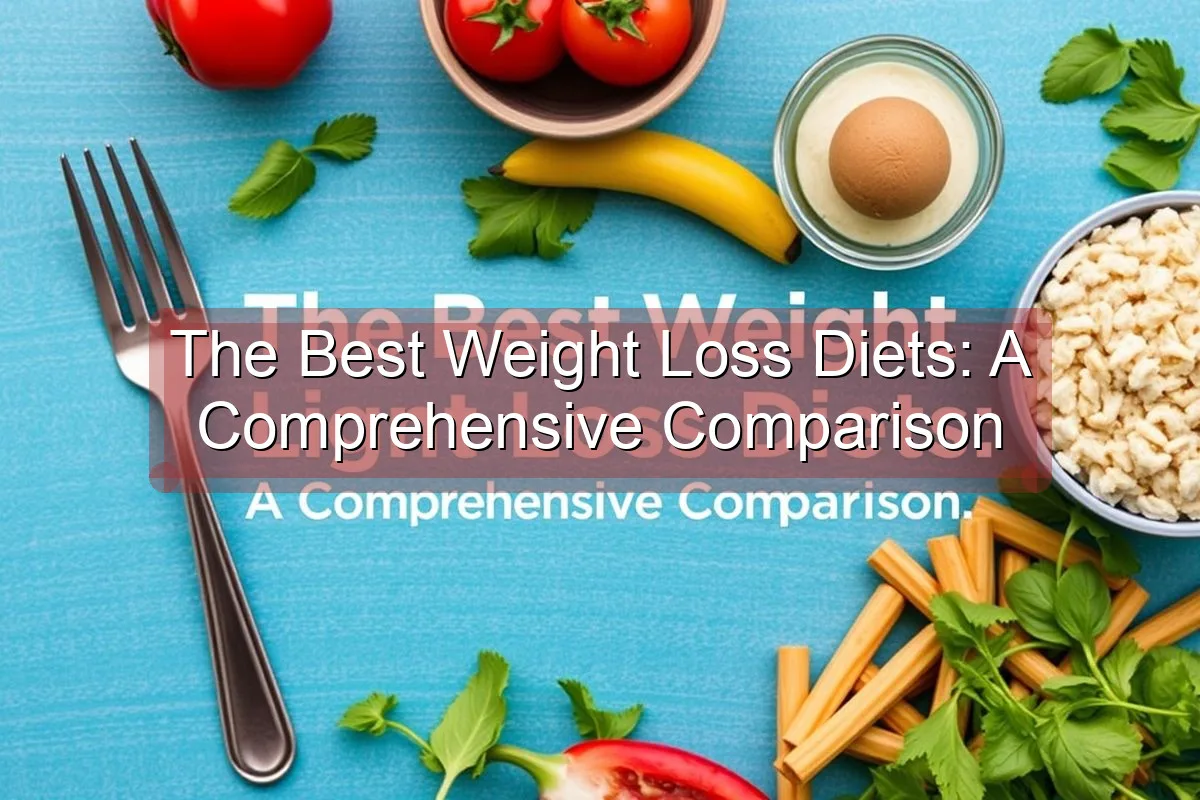
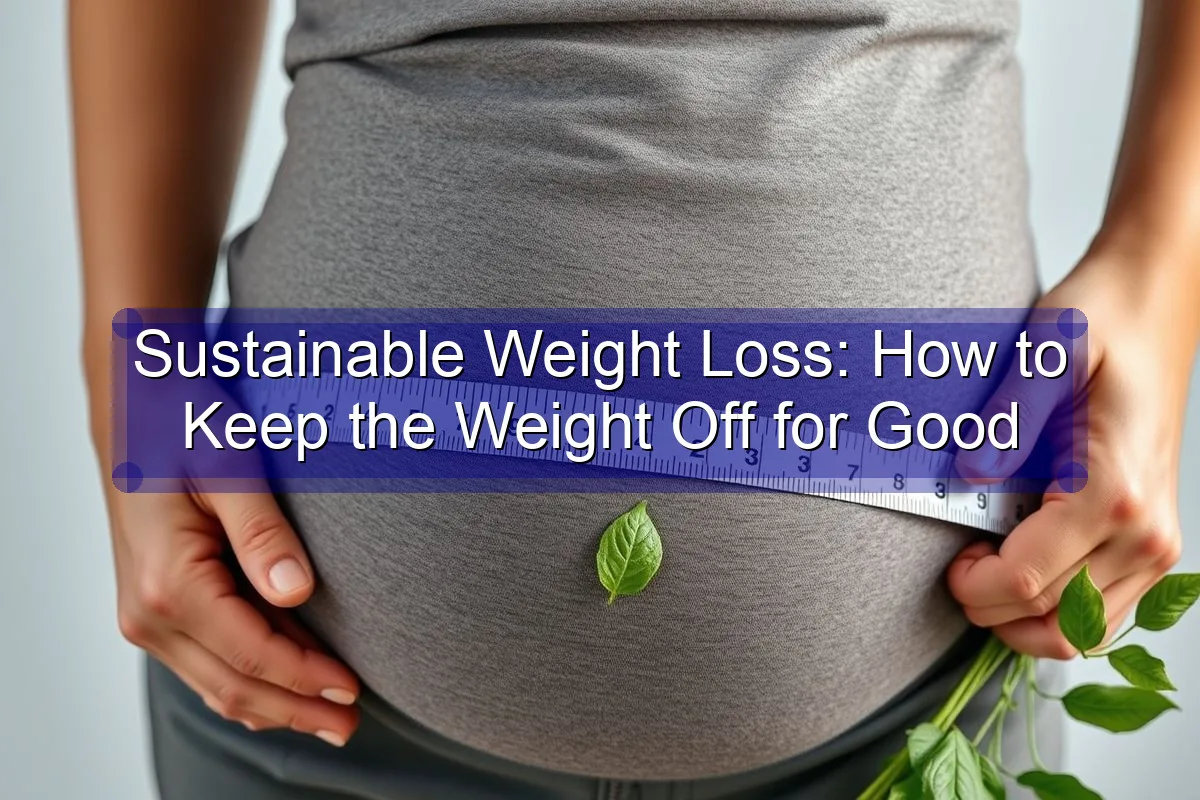
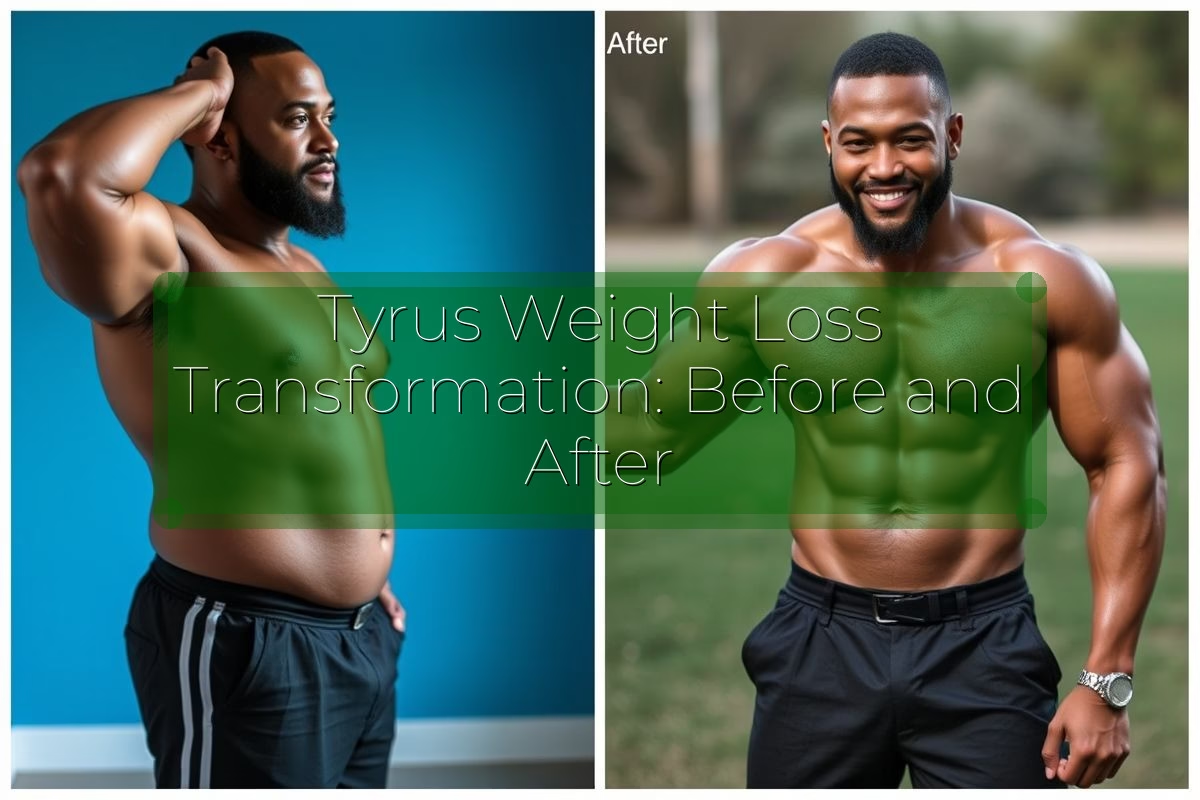



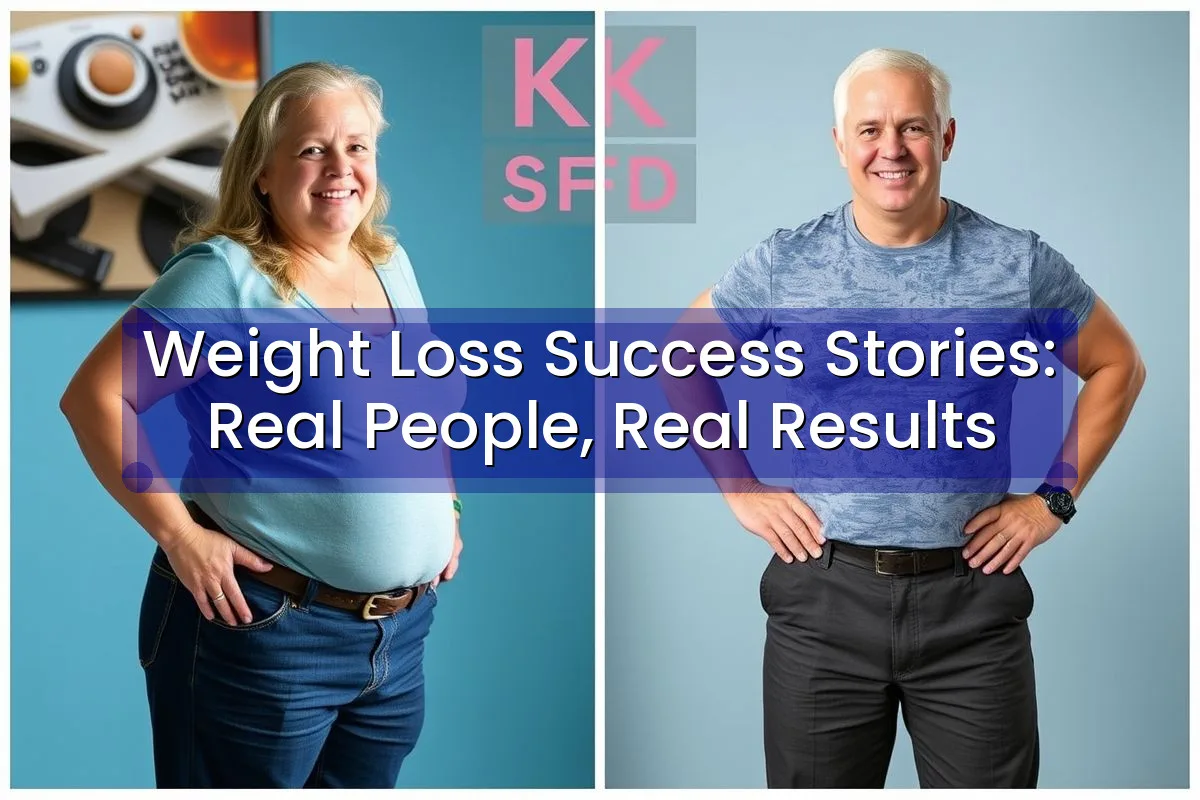

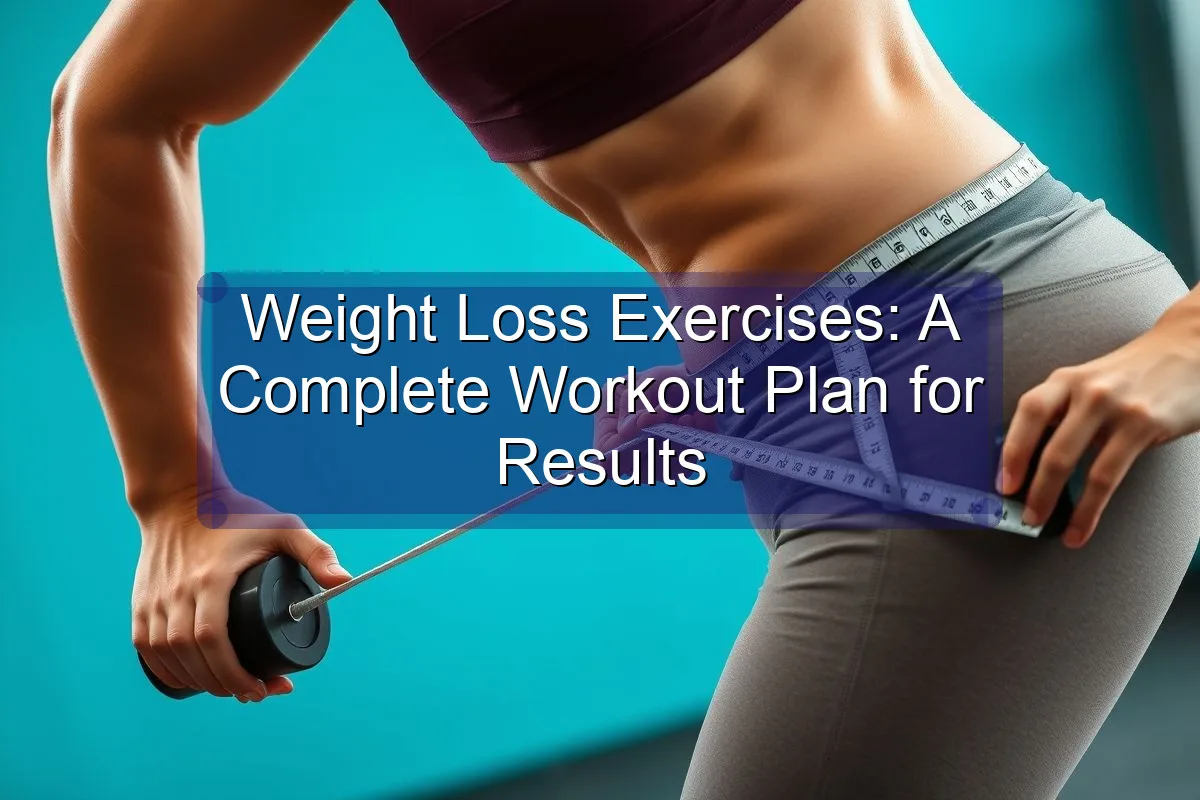
Leave a Reply